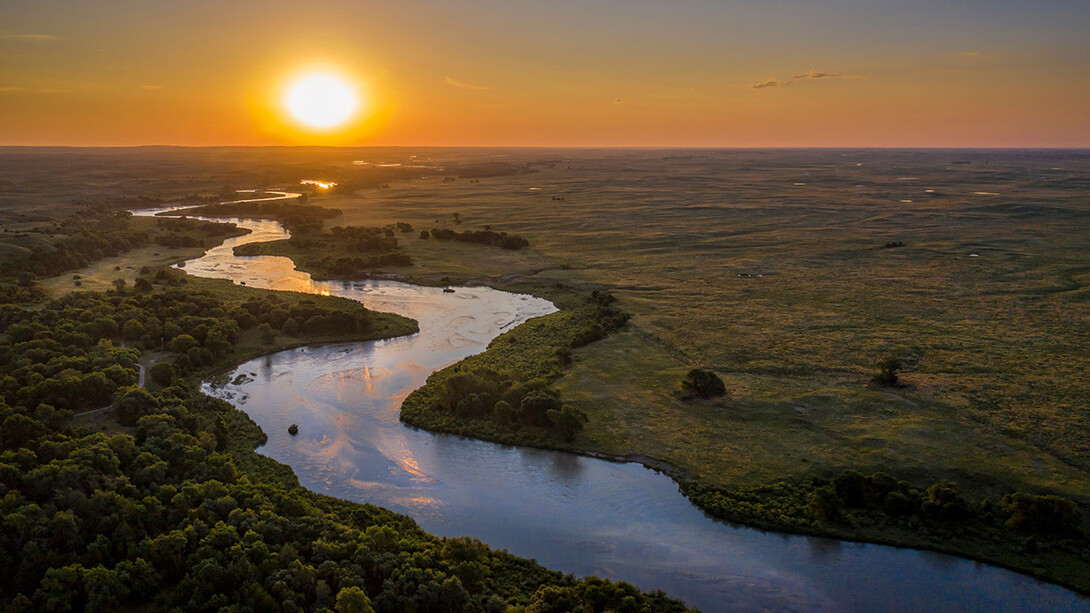
A University of Nebraska–Lincoln project to encourage youth to become naturalists has received a $71,630 grant from the Nebraska Environmental Trust.
The Nebraska Master Naturalist Program provides participants an opportunity to contribute to natural resource conservation through meaningful, science-based volunteer experiences. The program began in 2009 through a partnership that recognized Nebraska’s conservation agencies and organizations had limited resources. The program has hundreds of volunteers, or certified master naturalists, actively contributing to at-risk species conservation, restoration of native habitats, prevention of degradation of waterways and improved waste management.

“The Master Naturalist Program’s workforce is growing and evolving to meet the increasing requests for their service,” said Dennis Ferraro, professor of natural resources. “Goals of this proposal are to continue growth and establish a naturalist program for youth to enhance the future of conservation in Nebraska.”
The Nebraska Junior Master Naturalist Program provides youth ages 9-12 an understanding of Nebraska’s unique habitats, ecosystems, at-risk species and hydrology by engaging them in hands-on environmental education lessons. The program brings together natural resource specialists, master naturalists and educators to foster an environmentally focused community through natural resource curriculum, supplemental resources and partner resources to promote conservation action.
This is the second year of the award; last year, the program received $71,000 from NET.
The committee leading the youth program created a curriculum and resources in the first year. Materials were piloted and evaluated in three Omaha area schools. This fall, the program will expand with a full rollout, working with at least eight schools, three of which will be specifically focused on rural, urban and underserved communities.
“We are optimistic that this resource will be a great tool in impacting the future of conservation leaders in Nebraska,” said Matt Jones, program coordinator.
The junior curriculum is structured around the topics of zoology, botany, Earth science, water science, naturalists’ skills and volunteering. The lesson and activity guides will be available upon user request, as well as teacher tool kits that can be loaned out to teachers and educators to enhance the learning experience.
The project is one of eight Husker projects receiving support from NET this year.
The Nebraska Legislature created the NET in 1992. Using revenue from the Nebraska Lottery, the trust has provided more than $350 million in grants to more than 2,400 projects across the state. Anyone — citizens, organizations, communities, farmers and businesses — can apply for funding to protect habitat, improve water quality and establish recycling programs in Nebraska. The NET works to preserve, protect and restore the state’s natural resources for future generations.







